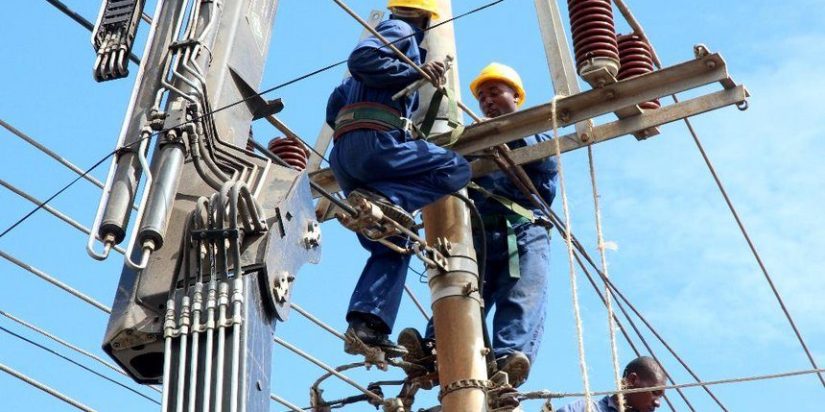
MINNEAPOLIS — It takes 15 to 20 minutes for most adults to fall asleep. During that period, an odd sensation can occur which about seven out of 10 of us experience: bedtime twitches. Dr.
Ranji Varghese, head of one of the original sleep centers in the country at Hennepin Healthcare, explains what happens in the transition from being awake to being asleep. "The brain sort of slows down. These different electrical activities start to be busy, and then less busy, and then we sort of consolidate into different stages of sleep," Varghese said.
"Sometimes there's a misfiring of neurons and we can have what we describe as arousals or awakenings, and sometimes on occasion, hypnic jerks, where the tracks don't necessarily meet on time, there's sort of a friction, and people suddenly awaken with this involuntary muscle contraction and the sense of falling." Hypnic jerks are defined as a physiological phenomenon that accompanies sleep-wake transitions. "Sometimes it's just a twitch.
Occasionally it's obvious and there might be a muscle contraction in the arm or the leg and patients are awake," he said. Varghese says it's your body signaling it's almost asleep. "I would say don't worry about it.
This is not something dangerous. That's the big, you know, message is that this is super common," he said. Varghese says hypnic jerks can become chronic in rare cases.
He says that's usually related to alcohol, caffeine, smoking or stress. But for most, it's just a short-lived nighttime nuisance. Susan-Elizabeth Littlefield loves sharing the good news.
She hosts a show on Sunday mornings based on local "positivity and empowerment," leading right into CBS Sunday Morning..














